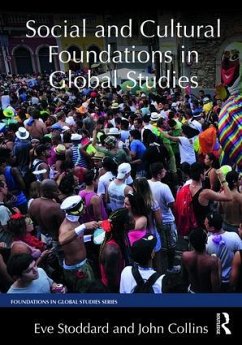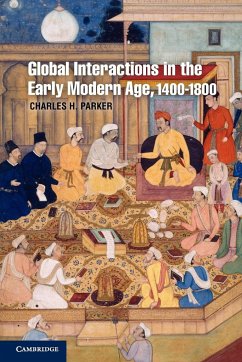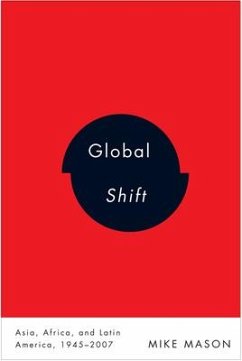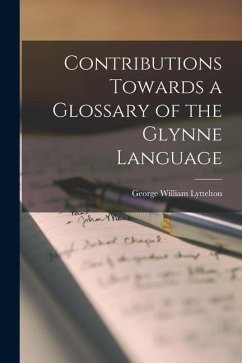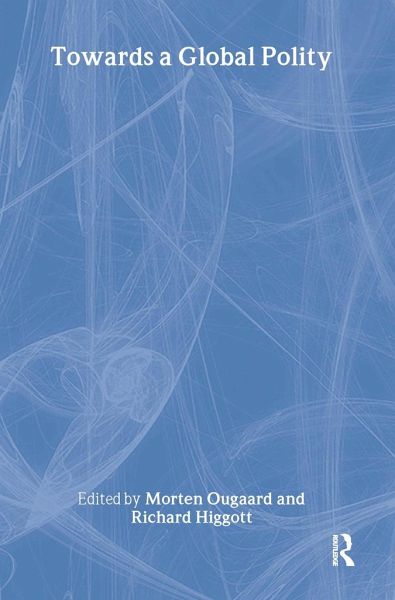
Towards a Global Polity
Future Trends and Prospects
Herausgeber: Higgott, Richard; Ougaard, Morten
Versandkostenfrei!
Versandfertig in 1-2 Wochen
67,99 €
inkl. MwSt.
Weitere Ausgaben:

PAYBACK Punkte
34 °P sammeln!
This collection examines the political aspects of globalization which may be creating the much-feared 'One World Government'. The contributors discuss the core issues in the debate about global governance: national sovereignty, law, public management, networks, economic governance, institutions, Europe and good governance.
While 'one world government' is not on the cards, the globalization of political life has progressed significantly over the last decades. Rather than adding to existing theoretical frameworks such as the realist picture of international anarchy or the English School's 'international society', this volume starts out from the idea of the world as one interconnected political system and explores ways and perspectives in which to analyse it as such. Subjects discussed include national sovereignty, law, public management, networks, economic governance, institutions and Europe. The contributors examine central aspects of this emerging global polity such as the role of law, of networks and of civil society. They discuss key theoretical and meta-theoretical questions on how to analyze and theorize the global polity, what drives it forward, and whether it can be democratized. Contributed to, and edited by renowned names in the field, the outstanding scholarship presented in this topical book provides an original contribution to the literature on globalization and global governance.





